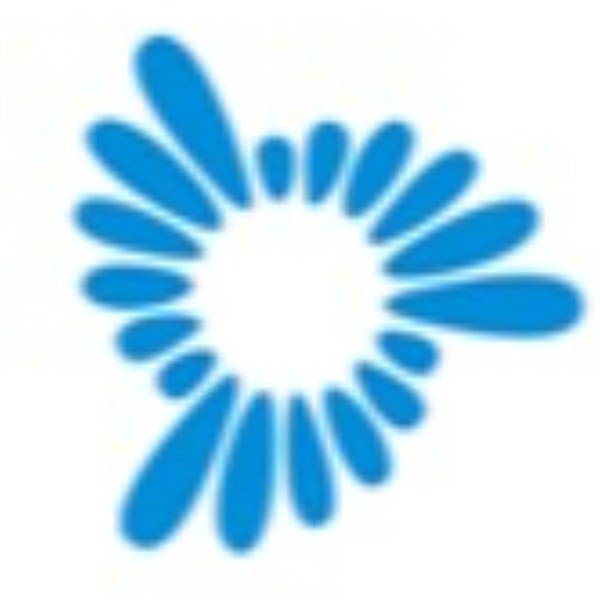ADC Drugs For Breast Cancer Treatment
Breast cancer is the malignant tumor with the highest morbidity and mortality among women worldwide. At present, the main therapeutic methods include surgery, chemotherapy, radiotherapy, endocrine therapy and targeted therapy, etc. The development and marketing of new drugs have far-reaching significance in improving the survival of breast cancer patients and changing the pattern of breast cancer treatment.
On February 24, 2023, The NMPA approved Enhertu, an injectable drug developed jointly by AstraZeneca and Daiichi Sankyo, for the treatment of adults with unresectable or metastatic HER2-positive breast cancer who have previously received one or more anti-HER2 drugs.
Dertrastuzumab is an antibody-drug conjugate (ADC) drug consisting of a humanized monoclonal antibody targeting HER2 attached to a topoisomerase 1 inhibitor payload via a tetrapeptide cleavable linker. The antibody can be released to partially target and attach to HER2 on cancer cells, and upon entering the cancer cells, release chemotherapeutic drugs to kill the cancer cells as well as nearby cells.
What are ADCs?
ADC drugs combine the high specificity of monoclonal antibody drugs with the high activity of small molecule cytotoxic drugs to improve the targeting of tumor drugs and reduce toxic side effects. ADCs usually consist of a fully humanized monoclonal antibody (mAb), a cytotoxic drug, a suitable linker, and an antigen specifically expressed on tumor cells. In 2000, the FDA approved the first ADC molecule, Gemtuzumab ozogamicin, for the treatment of AML.
Compared with traditional fully or partially humanized antibodies or antibody fragments, ADCs are theoretically more effective due to their ability to release highly active cytotoxins within tumor tissues. Compared with fusion protein, it has higher tolerance and lower side effects. The accurate identification of the target and the non-cancer cell immunity of ADC drugs greatly improve the efficacy and reduce the toxic side effects, which has attracted much attention from the personnel in the field of pharmaceutical research and development.
Currently, 15 ADC drugs have been approved worldwide, including three for breast cancer: T-DM1 and T-DXd, which target human epidermal growth factor receptor 2 (HER2), and sacituzumab govitecan, which targets human trophoblast surface antigen 2 (Trop2).
Trastuzumab Emtansine (T-DM1)
Trastuzumab Emtansine (T-DM1) is the first ADC drug approved for breast cancer. As early as 2013 and 2019, it has been approved by FDA for the adjuvant therapy of HER2-positive advanced breast cancer patients who have received trastuzumab and paclitaxel chemotherapy and HER2-positive early breast cancer patients who have residual HER2-positive early breast cancer patients after receiving taxa and trastuzumab neoadjuvant therapy, respectively.
Trastuzumab Deruxtecan (T-Dxd, DS-8201)
The new generation of T-DXd greatly expands the adaptable population. T-DXd is also an ADC drug targeting HER2, jointly developed by AstraZeneca in the UK and Daiichi Sankyo in Japan. It is trastuzumab (Herceptin, Trastuzumab) and exatecan, through the peptide chain composed of compound drugs. T-DXd has a "bystander effect". While killing HER2-positive cells, it is also killing tumor cells with low HER2 expression.
The results of phase 3 clinical research on breast cancer with "low expression of HER2" show that the treatment effect of T-Dxd is significantly better than that of chemotherapy for breast cancer patients with low expression of HER2! The overall median progression-free survival increased from 5.1 months to 9.9 months, and the median overall survival increased from 16.8 months to 23.4 months! Based on this, T-DXd was approved by the US FDA for marketing.
It was approved in China on February 24, 2023 for the treatment of unresectable or metastatic HER2-positive adult breast cancer patients who have previously received one or more anti-HER2 drugs. It brings more possibilities for patients with low expression of HER2, and will further change the whole pattern of breast cancer treatment in the future.
Sacituzumab Govitecan
Sacituzumab govitecan is composed of an antibody targeting Trop-2 linked to SN-38, the active metabolite of the chemotherapy drug Irinotecan. The full name of TROP2 protein is trophoblast cell surface antigen 2, which is highly expressed in a variety of tumors, such as pancreatic cancer, breast cancer, colon cancer, bladder cancer, oral squamous cell carcinoma and ovarian cancer.
On June 7, 2022, sacituzumab govitecan was officially approved in China for the treatment of patients with unresectable locally advanced or metastatic disease who have received at least two prior systemic therapies (at least one of which is for metastatic disease). Adult patients with negative breast cancer (TNBC). Triple-negative breast cancer treatment ushers in a new era of ADC.
Biopharma PEG is a world leading PEG derivatives supplier that dedicated to supplying high quality ADC linkers & Click Chemistry Reagents and other PEG derivatives to our clients all over the world. ADC linkers with molecular weights, branching, and functional groups not listed in our online catalog may be available by custom synthesis.
- Like (1)
- Reply
-
Share
About Us · User Accounts and Benefits · Privacy Policy · Management Center · FAQs
© 2025 MolecularCloud




